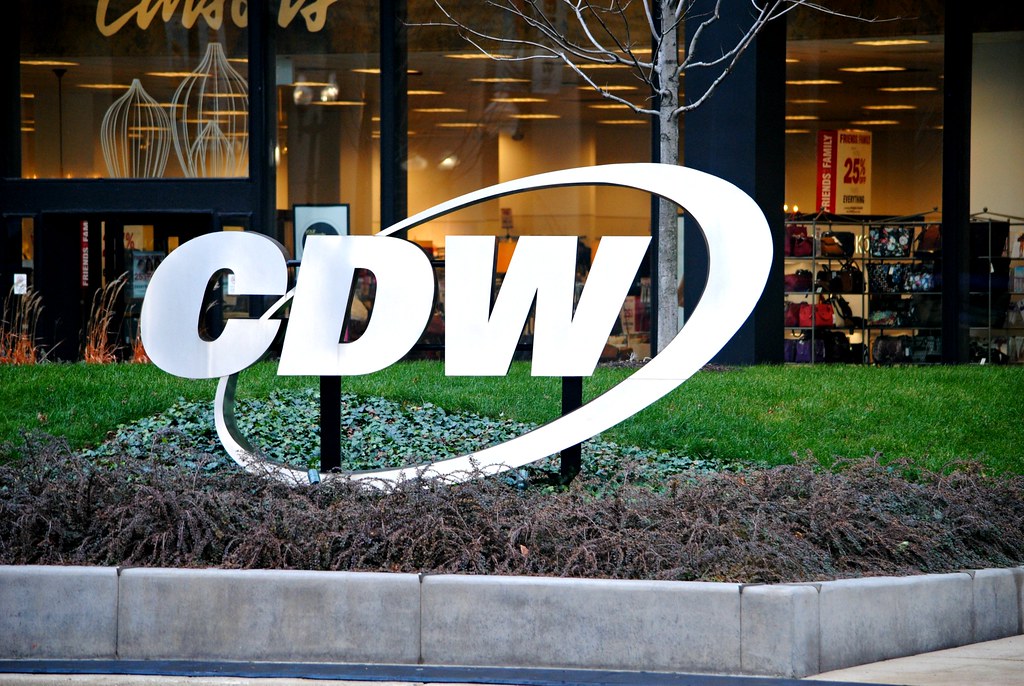by Erik Ristuben, Russell Investments
On the latest edition of Market Week in Review, Chief Investment Strategist Erik Ristuben and Head of AIS Business Solutions Sophie Antal Gilbert discussed factors behind the recent calm in markets, the latest in the Brexit saga and upcoming watch points for the U.S. economy.
Markets stay calm amid mixed economic data
Equity and bond markets were both relatively calm the week of Sept. 23, Ristuben noted. He chalked up the lack of market volatility to conflicting signals painted by a slew of recently released economic data points. For instance, flash Purchasing Managers’ Index (PMI) surveys for September indicated strengthening in both the U.S. manufacturing and services sectors—yet that strengthening was to a level of 51, which is just above the demarcation line between expansion and contraction.
U.S. consumer spending, meanwhile, rose just 0.1% in August from July, Ristuben noted. While the increase was clearly soft, July’s month-over-month increase of 0.5% was a blowout number that can’t be expected to repeated, he said. “You can’t party like a rock star for two months in a row,” Ristuben quipped.
Another conflicting data point was real wage growth, he said. While real wages rose at a very healthy level—a strong positive for the U.S. consumer—the savings rate in August also increased dramatically, he noted. In addition, the U.S. consumer, while still relatively confident, is notably less confident in August than July, per a survey from The Conference Board, Ristuben said. “When you dig underneath all of this, it’s pretty obvious that the ongoing trade tensions between the U.S. and China have grabbed the attention of the consumer,” he stated.
The result of all this mixed economic data is a tug-of-war in markets between optimism and pessimism, Ristuben said—which has likely led to the lack of notable market movements of late.
The latest Brexit developments
Turning to Brexit, Ristuben said that a consensus seems to be emerging that it will be incredibly hard for a new Brexit deal to gain Parliament’s approval by Oct. 31. The debate now, he said, centers around the next steps the UK will take in October—particularly whether or not the country will try to postpone its deadline for leaving the EU again.
“From my vantage point, it looks like things are setting up for a general election where Brexit is the main issue on the table,” Ristuben said. The overall situation is still highly uncertain, he added, noting that the probability of a no-deal Brexit, although unlikely, still exists.
September U.S. jobs report looms large
Politics dominated the headlines in Washington, D.C., the week of Sept. 23, Ristuben noted, as Democrats in the U.S. House of Representatives announced an impeachment inquiry into President Trump. However, the saga is unlikely to impact markets much in the short-term, he noted. “Typically, political issues like this don’t become problematic for markets until they see how it plays out,” Ristuben stated.
Of greater importance to markets will be the U.S. September employment report, due out on Oct. 4, he said. Why? “CEO confidence has been waning since the start of the year, and that’s already having an impact on capital expenditures,” Ristuben said. “If this lack of confidence among business leaders begins to translate into a reduction in hiring, that could have significant impacts on the health of the economy.”
Ristuben explained that the consumer is the U.S. economy’s bulwark against a recession—and that right now, the U.S. consumer is healthy, well-paid and reasonably confident. If job gains begin to erode at a more substantial pace, consumers will be forced to alter their spending habits, he said. “This pull-back in spending could effectively tip the country into a recession,” Ristuben concluded.














